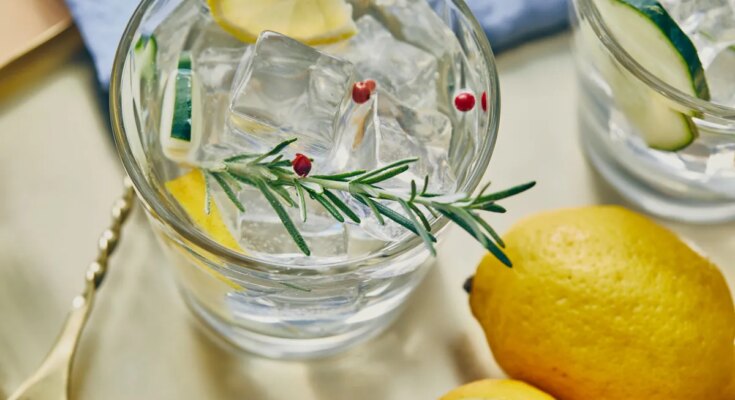The ECJ ruled
Non-alcoholic gin cannot be called “gin”.
November 16, 2025 – 15:37Reading time: 2 minutes

A drink with juniper but without alcohol – can you call it gin? No, said the European Court of Justice. This can mislead consumers.
A company in Germany markets a drink with the name “Virgin Gin Alcohol-Free”. It looks like gin, tastes similar and contains the taste of juniper berries, but without the alcohol. The European Court of Justice (ECJ) in Luxembourg has now ruled that this is a clear breach of EU law.
The Social Competition Association, which advocates fair labeling in food trade, sued. Consumer advocates cite EU regulations that precisely define what can be considered gin. In addition to the characteristic aroma of juniper, the minimum alcohol content is 37.5 percent – and that’s not there here.
The case initially ended up in the Potsdam Regional Court, but it was unsure how to interpret EU law. They referred the question to the ECJ and received a clear answer.
Therefore, non-alcoholic drinks should not be sold under the term “gin”, even if they taste or look similar. Even the addition of “alcohol-free” doesn’t change anything. According to the court, there is a risk that consumers will mistake the product for a variant of the original product, even though legally the product is in a completely different category.
Gin is one of the protected spirits in the EU. This means that anyone who calls the drink must meet certain criteria. Not only the alcohol content is important, but also the production. Gin is made by flavoring agriculturally derived ethyl alcohol, which is alcohol obtained from grain, with juniper and other botanicals, also known as herbs.
Non-alcoholic beverages cannot meet these requirements. Therefore, the term “non-alcoholic gin” is impermissible in the court’s view.
At the same time, the Luxembourg court emphasized that the regulation does not represent a restriction of entrepreneurial freedom. The company in question is allowed to continue selling the drink, just not under the protected name “Gin”.



